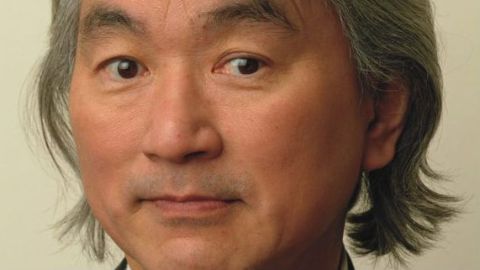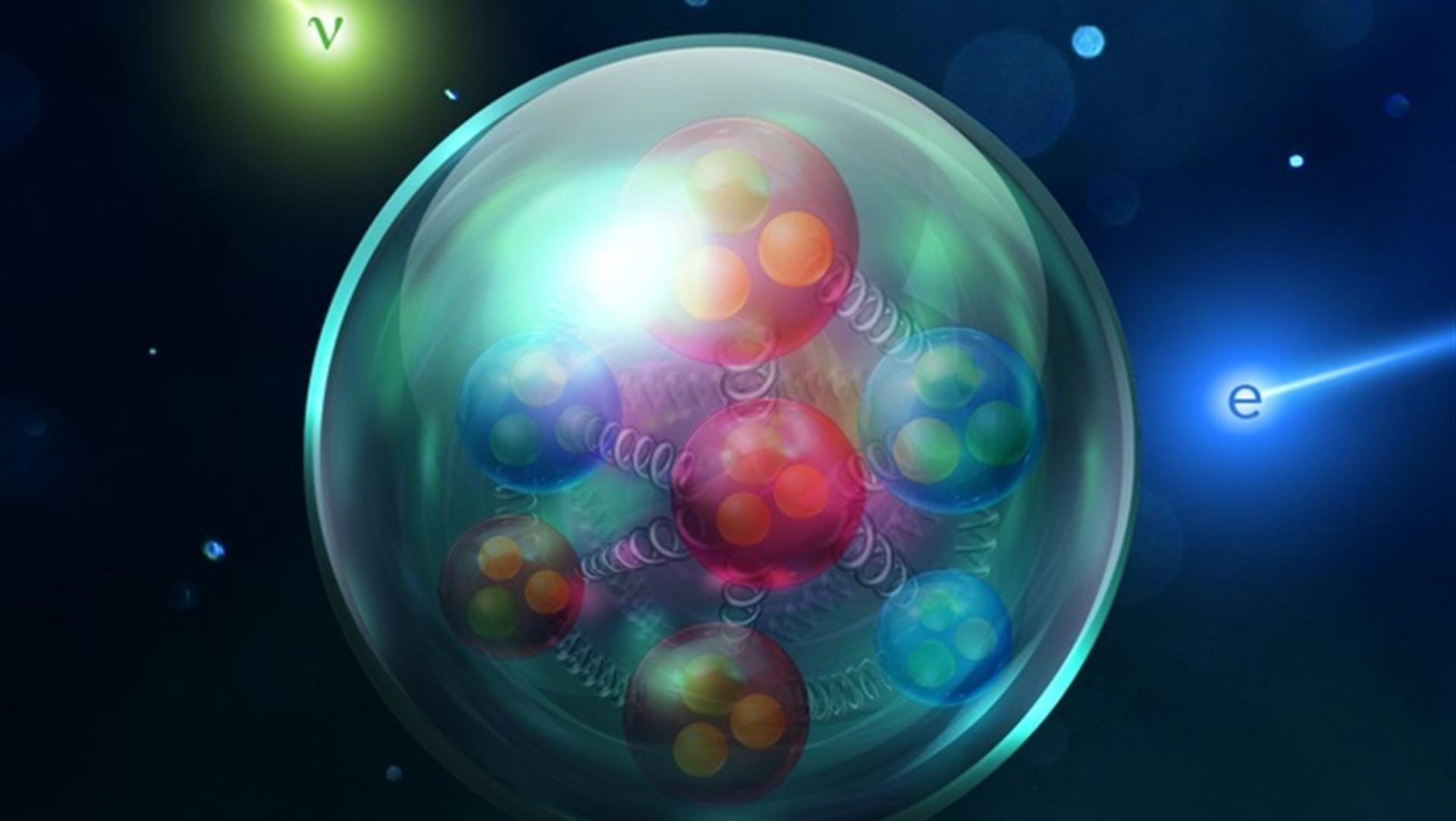Michio Kaku: Shape-Shifting Technology Is Coming

Physicist and Big Think blogger Michio Kaku is the closest thing the world has to real-life wizard. With his shocking white hair, he makes prophesies about fantastic technologies that science is close to unlocking. On “The Colbert Report” this summer, for instance, Kaku said that we would soon have invisibility cloaks like in the “Harry Potter” books.
During his most recent Big Think interview, we asked Dr. Kaku what other futuristic technologies we could hope to see within our lifetimes. His answer: shape-shifting. Science is already making huge advances in so-called “programmable matter,” he says. “Atoms can slide over atoms, rearrange themselves, but what happens if atoms are replaced by chips, chips that are so small they’re smaller than the head of a pin and you can change their electric charge? By changing the electric charge they bind and reform in different ways and they’re intelligent because each dot is a computer chip perhaps as powerful as a PC.” This may sound like science fiction, but the computer chip manufacturer Intel is already leading the charge toward developing this kind of programmable matter. In the future it could be used to build entire cities instantaneously. “If I have a clump of clay made of thousands of millions of little dots I push a button then the charges rearrange themselves to form a statue, a car, whatever you want,” Kaku says. “This means that I can push another button and this clay turns into a house or I push another button and a whole city rises out of the desert.”
Kaku also discussed the prospect of a technological singularity, a point at which robots will become smarter than humans—resulting in explosive scientific innovation. Based on Moore’s Law, which says that computer technology doubles every 18 months, some have projected that the singularity will take place as soon as 2029. But Kaku calls these predictions inaccurate because at some point Moore’s Law will hit a wall. There will be a point at which silicon transistors will physically not be able to get smaller or more powerful, he says. Scientists will need to find a replacement for silicon if computers will continue to improve. And even if scientists do overcome this, Kaku isn’t too worried that robots will take over and enslave us. “Right now our machines are as smart as insects,” he says. “Probably by the end of the century, who knows, they’ll be as smart as monkeys. At that point they could become potentially dangerous because monkeys can formulate their own plans; they don’t have to listen to you. They can formulate their own strategies, their own goals and I would say therefore at that point let’s put a chip in their brain to shut them off if they get murderous thoughts.”
But robots aren’t the only thing that could destroy mankind. We are more than capable of doing that job ourselves, he says. And what happens over the next 100 years will determine the fate of mankind. Kaku says we are currently a “type zero” civilization; we rely on fossil fuels and have nationalistic governments. But in about 100 years we will become a “type one” civilization, a planetary civilization with global governments and institutions. “We’ll be able to harness all the energy output of the planet earth,” he says. “We’ll play with the weather, earthquakes, volcanoes. Anything planetary we will play with.” And this formative next century is so dangerous because we still have sectarian, fundamentalist ideas circulating alongside nuclear, chemical, and biological weapons that could wipe life off the planet. Terrorists are a reaction against a type one civilization, which is beginning to emerge with organizations like the European Union and a global language like English. “What they’re reacting to is the fact that we’re headed toward a multicultural tolerant scientific society and that is what they don’t want. They don’t want science. They want a theocracy. They don’t want multiculturalism. They want monoculturalism.”





